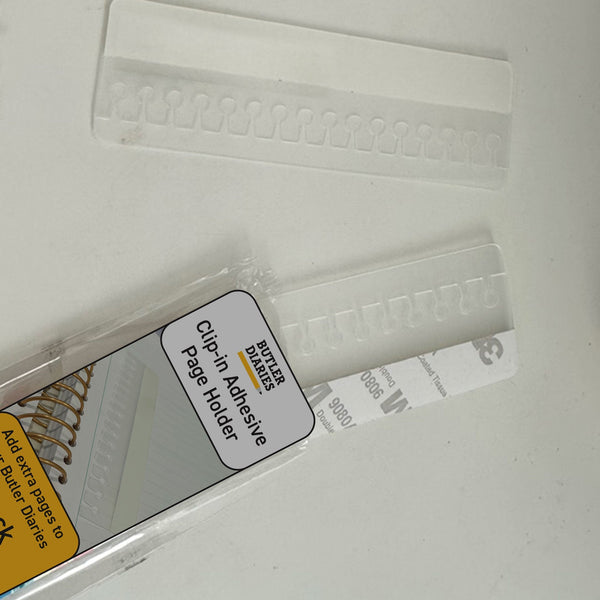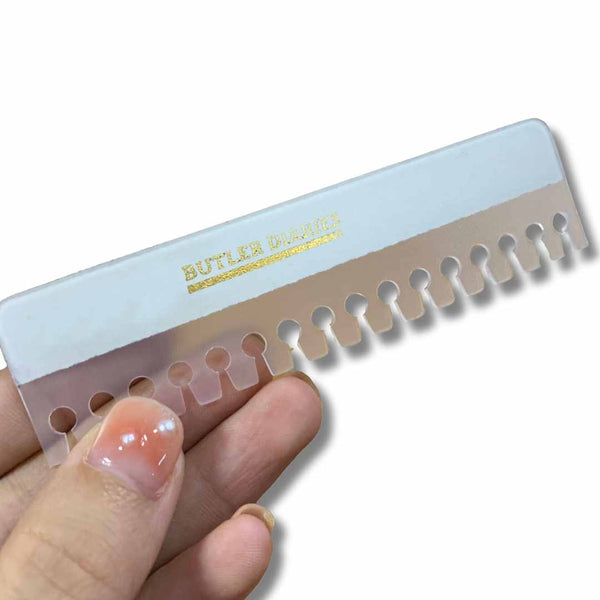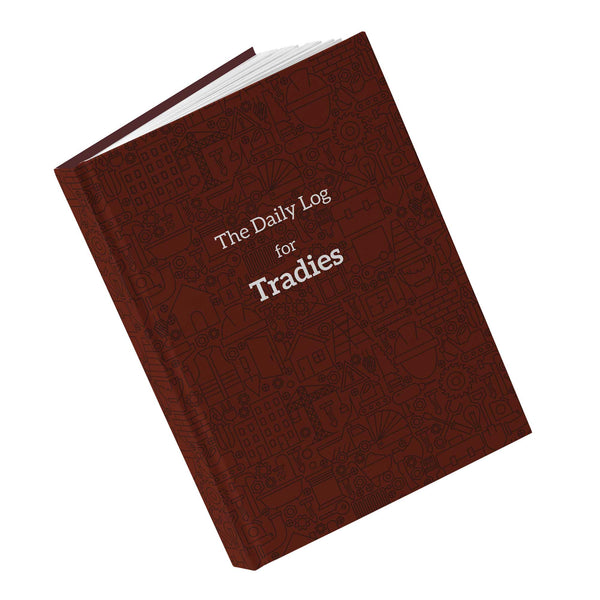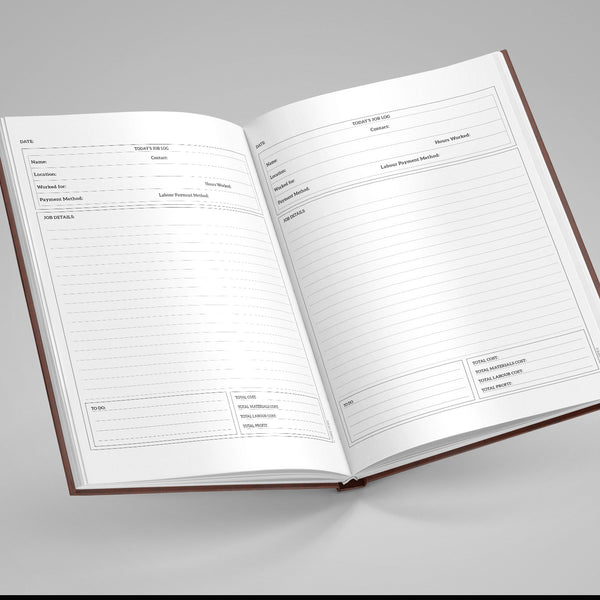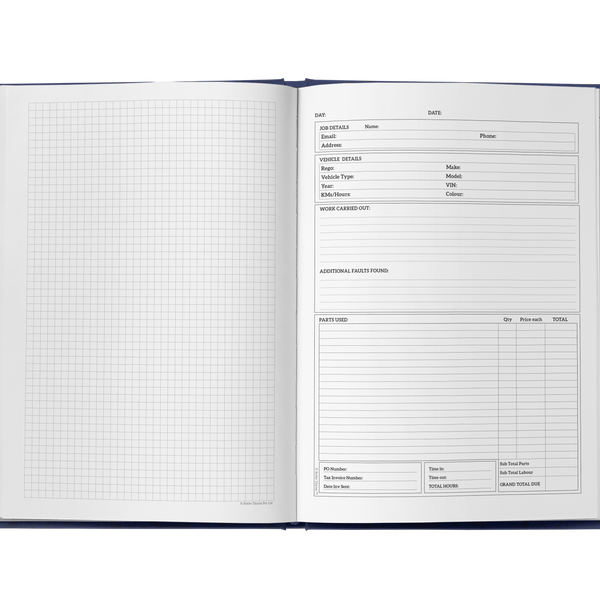Thinking about switching trades? Or maybe you're wondering if you're getting paid what you're worth? We've done the hard work and dug up the latest salary data to show you which tradies are really making bank in 2025.
Spoiler alert: some of these numbers might surprise you. We're talking about tradies pulling in more than doctors and lawyers - without a uni degree in sight!

The Big Earners: Top 10 Highest-Paid Tradies
Based on the latest data from SEEK, PayScale, and industry surveys, here's who's really cleaning up:
1. Construction Manager - $190,000-$210,000
These are the big guns who run entire building projects from start to finish. They're responsible for everything - budgets, timelines, keeping dozens of tradies organised, and making sure nothing goes sideways. Most started on the tools and worked their way up.
Why they earn big: Managing multi-million dollar projects means big responsibility - and big pay. One mistake can cost hundreds of thousands.
2. Site Supervisor/Foreman - $120,000-$160,000
The person actually running the show on site. They coordinate all the trades, handle safety, and make sure everyone knows what they're doing. It's like being the conductor of a very expensive, very loud orchestra.
Why they earn big: Leadership skills plus trade knowledge equals serious value. Good supervisors can make or break a project.
3. Mining Trades (FIFO) - $120,000-$140,000
Any trade willing to head out to the mines can expect serious coin. Whether you're a fitter, electrician, or diesel mechanic, mining pays well because the work's tough and you're often in the middle of nowhere.
Why they earn big: Remote locations, tough conditions, and high demand. Companies pay extra to get skilled people willing to do FIFO work.
4. HVAC Technician - $95,000-$115,000
Heating, ventilation, and air conditioning techs are absolutely killing it right now. With climate change and everyone wanting efficient cooling/heating, these guys are in massive demand.
Why they earn big: Specialised skills, year-round work, and growing demand for energy-efficient systems. Commercial HVAC work pays even better.
5. Electrician (Commercial/Industrial) - $85,000-$120,000
Sparkies, especially those working commercial or industrial jobs, are sitting pretty. Domestic work pays well, but get into commercial fit-outs or industrial maintenance and you're laughing.
Why they earn big: Complex electrical work, safety requirements, and constant demand. Plus, everything runs on electricity these days.
6. Plumber (Commercial) - $85,000-$110,000
Like electricians, plumbers who focus on commercial work earn more than residential. Think office buildings, shopping centres, and industrial complexes.
Why they earn big: Essential service, emergency work premium, and specialised commercial systems pay better than fixing blocked drains.
7. Crane Operator - $90,000-$105,000
Running those massive tower cranes takes skill, nerves, and a lot of training. It's a specialised job that not many people can do, which keeps wages high.
Why they earn big: Specialised skills, safety responsibility, and limited number of qualified operators.
8. Concreter - $80,000-$95,000
With the construction boom still going strong, concreters are in demand. From house slabs to major infrastructure, concrete work is everywhere.
Why they earn big: Physical demands, timing pressures (concrete waits for no one), and consistent demand.
9. Carpenter - $75,000-$90,000
Chippies remain one of the most versatile trades. From framing houses to custom cabinetry, there's always work for skilled carpenters.
Why they earn big: Versatility, artistic skill for custom work, and involvement in every stage of construction.
10. Roofer - $75,000-$90,000
Working on roofs isn't for everyone, which keeps demand for skilled roofers high. It's dangerous work that requires specific skills and a head for heights.
Why they earn big: Specialised skills, weather-dependent urgency, and not many people want to work on roofs.
What Affects Your Pay as a Tradie?
Here's the thing - these are averages. Some tradies earn way more, others earn less. Here's what makes the difference:
Experience Counts Big Time
A first-year apprentice electrician might earn $35,000, but a seasoned sparky with their own business can pull $150,000+. Experience doesn't just mean time on the job - it means building skills, getting tickets, and learning to solve complex problems.
Location, Location, Location
Mining towns and major cities generally pay more, but cost of living matters too. A tradie in regional Queensland might earn less per hour but have lower expenses than someone in Sydney.
Top-paying locations:
- Mining regions: Pilbara, Hunter Valley, Central Queensland
- Major cities: Sydney, Melbourne, Perth (especially with skills shortages)
- Infrastructure projects: Anywhere with major construction happening
Specialisation Pays
General skills are good, but specialisation is where the money is. Think:
- Industrial electricians vs residential
- Commercial plumbers vs domestic
- High-rise crane operators vs small mobile crane drivers
- Mining trades vs urban construction
Running Your Own Show
The tradies earning the big bucks often run their own businesses. It comes with more risk and hassle, but the earning potential is massive. According to recent data, almost 1 in 10 tradies make more than $200,000 a year, mostly those running their own business.
The Surprising Truth About Tradie Earnings
Here's what might shock you: the highest-paid tradies can earn nearly four times as much as the average Aussie. While the average Australian earns around $72,000, top-tier tradies are pulling $200,000+.
Even better? You don't need a university degree. With potentially huge wages and no requirement for a university degree, it's easy to see why some recruiters are urging Aussies to "get into a trade" if they want to retire early.
What About the "Lower-Paying" Trades?
Not every trade starts at the top of the pay scale, but here's the thing - even the "lower-paying" trades can lead to good money with experience and the right approach:
- Painters: $60,000-$80,000 (but specialised work like industrial coatings pays much more)
- Tilers: $55,000-$75,000 (custom or commercial work bumps this up)
- Landscapers: $50,000-$70,000 (but landscape designers and project managers earn much more)
- General labourers: $45,000-$60,000 (often a stepping stone to other trades)
Remember, these are starting points. Smart tradies who develop skills, build reputations, and run good businesses can earn well above these figures.

The FIFO Factor
Fly-in-fly-out work deserves special mention. Mining companies are paying massive money for skilled tradies willing to work remote sites. We're talking:
- Diesel mechanics: $130,000-$180,000
- Mining electricians: $140,000-$200,000
- Boilermakers: $120,000-$160,000
- Fitters and turners: $110,000-$150,000
The trade-off? You're away from home for weeks at a time, working in tough conditions. But the money speaks for itself.
Future-Proofing Your Trade Career
If you want to stay in the top-earning bracket, keep an eye on these trends:
Green Technology
Solar installation, battery storage, heat pumps, and energy-efficient building systems are where the money's heading. HVAC techs with green certifications are particularly in demand.
Digital Integration
Tradies who understand building management systems, smart home technology, and digital documentation are earning premiums.
Project Management Skills
The highest earners aren't just good with tools - they can manage people, budgets, and timelines. Consider getting formal project management qualifications.
Getting Organised for Success
Whether you're earning $60k or $160k, staying organised is crucial for career growth. The most successful tradies we know all have one thing in common - they document everything and plan properly.
That's where the Construction Diary comes in. From tracking your daily progress to recording client communications and planning future jobs, it's the professional tool that helps you level up your career.
Want to maximise your daily productivity? Check out the Daily Log for Tradies - perfect for detailed job documentation that can help justify higher rates to clients.
The Bottom Line
The trades industry in Australia is absolutely booming. With more than 110,000 tradie jobs urgently needing workers, it's clear this booming industry offers great opportunities for skilled professionals.
Here's what the smart money knows:
- The highest earners combine trade skills with business smarts
- Specialisation beats general skills every time
- Location and timing matter - follow the work and the money
- FIFO and mining work offers massive earning potential
- Green technology and smart systems are the future
- Good organisation and documentation separate pros from amateurs
As one recruitment expert put it: "I tell any parents, 'Get your kids into a trade'. That's where the money is. A lot of these guys start their own businesses further down the track and, by the time they are 50, they are retired."
Ready to take your trade career to the next level? Start with proper planning and documentation. Grab your Construction Diary and start building the professional reputation that leads to better jobs and higher pay.





